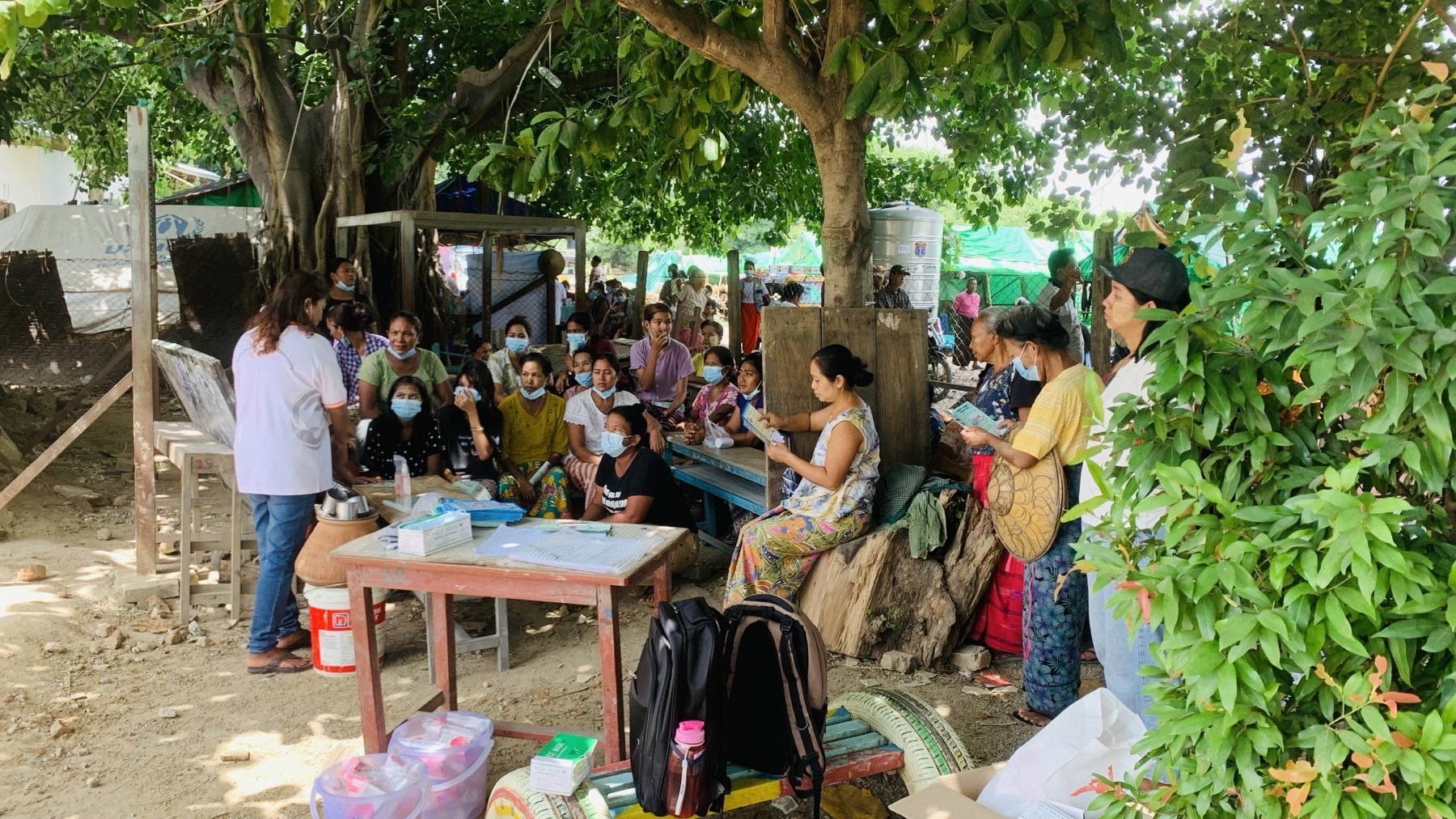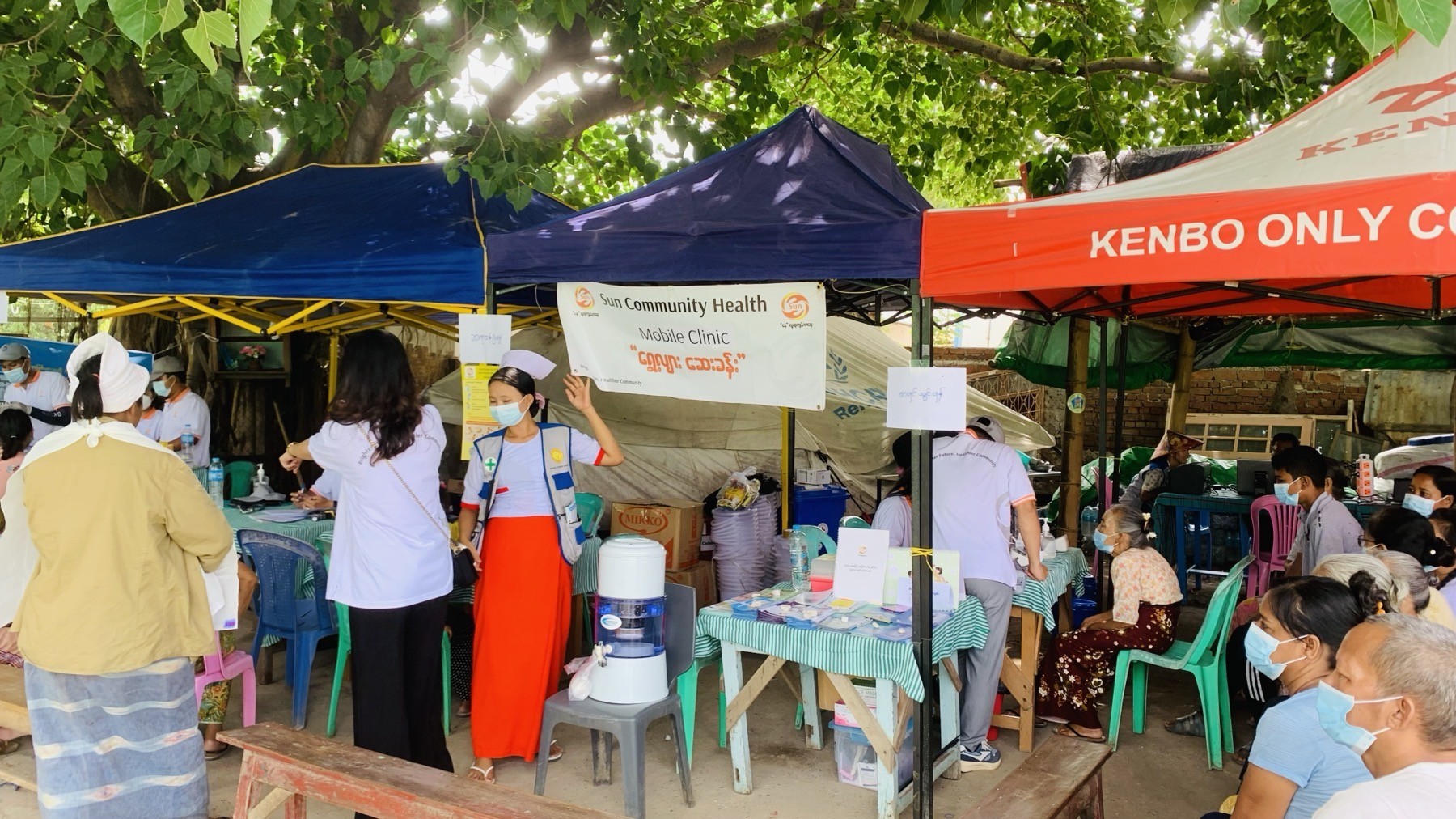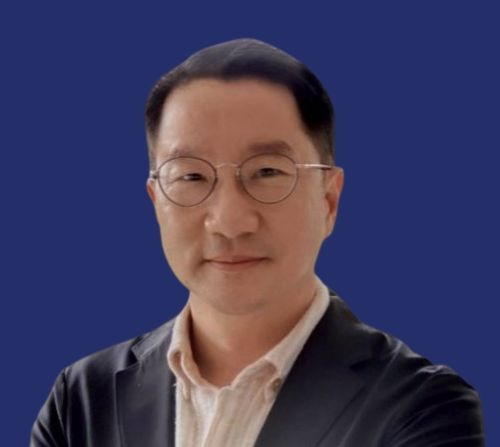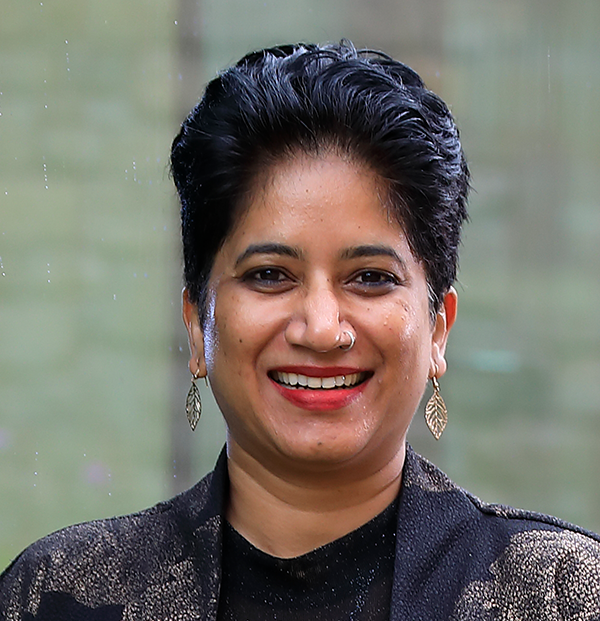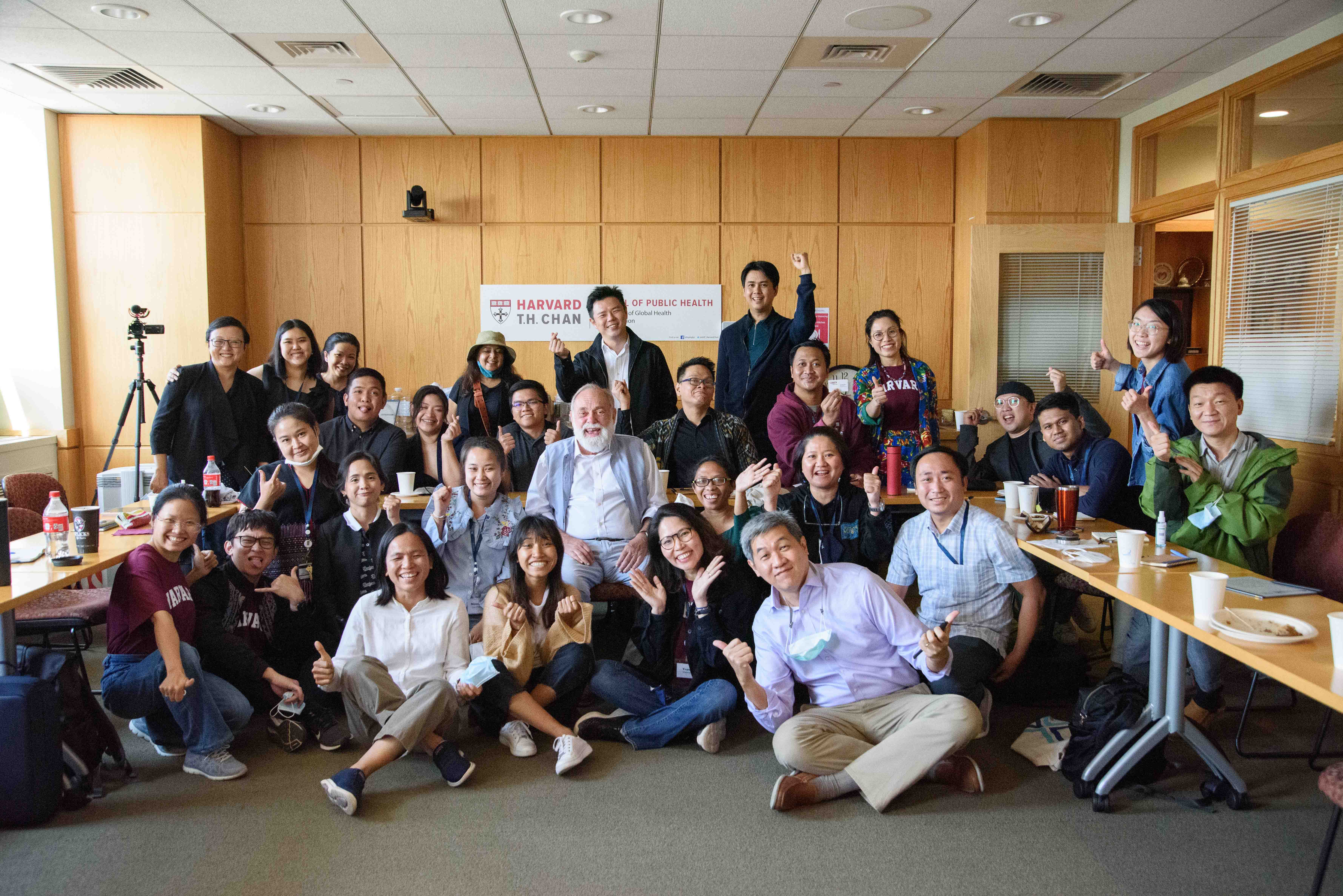EI Fellows Lead Myanmar's Post-Earthquake Healthcare Response
When a devastating 7.7-magnitude earthquake struck central Myanmar on March 28, 2025, it left entire communities grappling with collapsed homes, impassable roads, and widespread infrastructure damage that would test the resilience of both residents and local healthcare providers. Emergency crews acted swiftly to provide immediate relief, but experience shows that sustainable and long-term relief is just as important in the aftermath of a disaster, especially when it comes to preventing a health crisis.
Among those directly affected was Dr. Htet Thu Aung, whose clinic and home were destroyed in the disaster, reducing years of medical service to rubble. "There was no electricity, no internet, no phone connection, no water—we couldn't even go to the toilet, maintain basic hygiene, or prepare meals.” Despite facing overwhelming challenges, Dr. Htet made the decision to continue serving his community, relocating his practice and maintaining his commitment to providing essential healthcare in the face of adversity.
Dr. Htet's determination represents just one story among many that emerged during Myanmar's remarkably swift and locally driven earthquake response, which demonstrated the power of community-based healthcare networks in times of crisis. At the center of this coordinated relief effort was Sun Community Health (SCH), an organization that rapidly mobilized a network of 68 clinics spanning across Mandalay, Sagaing, Naypyidaw, Bago, and Southern Shan regions. With crucial initial funding and support from the CMB Foundation, SCH launched a comprehensive emergency relief initiative that strategically combined mobile clinics, mental health support services, distribution of essential medical supply kits, and thorough infrastructure damage assessments to reach more than 200,000 affected individuals —nearly triple the initial beneficiary target—within just six weeks of the disaster.
Dr. Han Win Htat (middle) and Dr. Moh Moh Lwin (left) organizing medical supplies.
The success of this ambitious response effort was largely attributed to the leadership of two key figures from the Equity Initiative: Fellows Dr. Han Win Htat (2018, Myanmar) serving as Executive Director of SCH, and Dr. Moh Moh Lwin (2024, Myanmar) who holds the position of National Director. Together, these experienced medical professionals helped orchestrate an adaptive, community-first approach to addressing health equity challenges in the earthquake's aftermath.
“We saw people with injuries, children shaken from trauma, patients with chronic illnesses—we felt that as long as we were still alive, we had a responsibility to help others,” Dr. Htet reflected on the scope of medical needs they encountered. “This was a disaster that affected everyone. We couldn’t let despair take over.”
In post-disaster scenarios, funding typically declines once the headlines have faded and media coverage wanes, even though community needs persist. Recognizing this gap, the CMB Foundation has committed to providing continuing support to SCH’s mid- and long-term efforts as they help local leaders in the journey to building Myanmar back. This includes uninterrupted service delivery across 68 Sun GP clinics, the final distribution of essential medical kits, and targeted capacity-building initiatives such as mental health and psychosocial support (MHPSS) training. SCH is also launching a telehealth support system to enhance patient triage and continuity of care, while maintaining robust monitoring, supervision, and data reporting mechanisms.
The lasting partnership exemplifies how Equity Initiative Fellows, equipped with both clinical expertise and deep community connections, can mobilize comprehensive healthcare responses that prioritize local ownership and sustainable recovery. As Myanmar continues to face ongoing challenges, the success of this earthquake response underscores the vital importance of investing in local healthcare leaders who understand that effective disaster response requires not just medical intervention, but a commitment to rebuilding communities from within.
